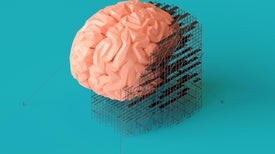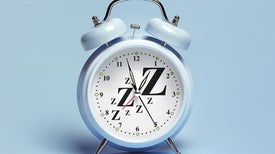
Short Naps Have Major Benefits for Your Mind
A light midday snooze boosts memory and other types of cognition—and your mood

A light midday snooze boosts memory and other types of cognition—and your mood

Some astrocytes, thought to play only a supportive role in the brain, can communicate with neurons


The idea of treating neurological disorders by marshaling vast unused neural reserves is more wishful thinking than reality

Thinking about a range of emotions as friends rather than foes improves the quality of our life

Migraine, stroke and epilepsy disproportionately affect members of the transgender community—but neurologists are often unprepared to respond

Early research presented at the leading brain conference suggests that the pandemic changed the brains of teenagers

Here's a look at how the brain uses its mental dictionary to remember and retrieve language

New research suggests that hitting the snooze button to squeeze in an extra five or 10 minutes of sleep may actually be good for you

As interest and support for psychedelic research grows, scientists share their hopes for the future.
Support science journalism.

Thanks for reading Scientific American. Knowledge awaits.
Already a subscriber? Sign in.
Thanks for reading Scientific American. Create your free account or Sign in to continue.
Create Account